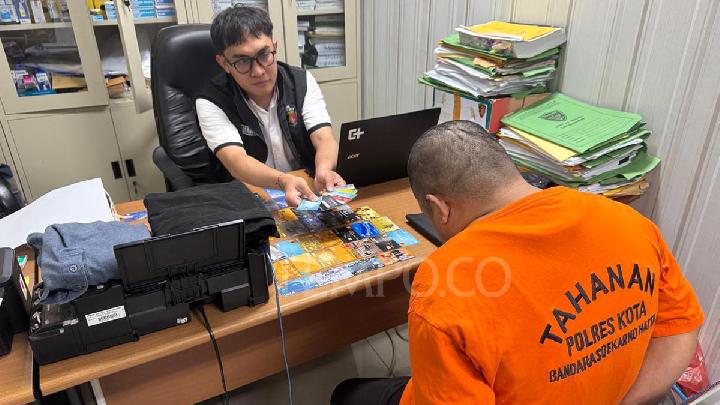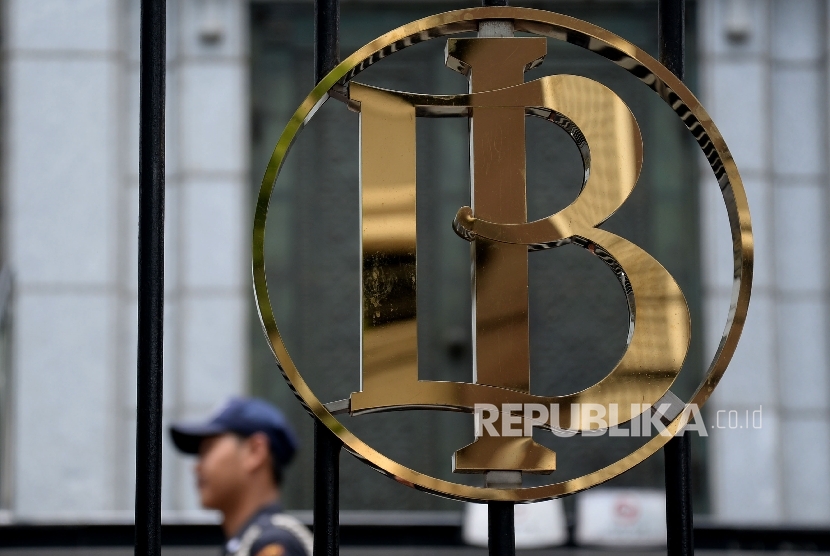August 21, 2025 | 11:34 am

TEMPO.CO, Jakarta - The convenience of transacting using electronic wallets, also known as e-wallets, brings significant benefits to the public. However, on the other hand, it opens up opportunities for cybercriminals to carry out their activities. E-wallet fraud is now increasingly prevalent, employing various methods, targeting users who are less vigilant or have minimal digital literacy.
According to Bank Indonesia Regulation No. 18/40/PBI/2016, as reported in the journal "Legal Review of Consumer Protection for E-wallet Users in Indonesia," an e-wallet is an electronic service for storing payment instrument data or electronic money, which can be used for fast and convenient transactions. Commonly used e-wallet products include DANA, OVO, GoPay, ShopeePay, LinkAja, and Doku.
Despite the convenience, e-wallets are easy targets for fraudsters. Their goal is clear: to steal users' money or personal information. These fraudulent methods vary, from phishing (fake emails or websites that mimic official e-wallet displays), smishing (fraudulent links via SMS), to vishing (fake phone calls claiming to be from official sources).
Criminals also create fake e-wallet apps that, when downloaded, steal login information. Another method is QR code fraud, where criminals post malicious QR codes in public places to direct victims to phishing sites or download malware. Social engineering tactics are also frequently used, such as pretending to be friends or customer service representatives to gain transaction access.
Man-in-the-middle attacks are also a threat, where criminals intercept communications between the victim's device and the e-wallet provider to steal login data.
1. Factors Causing the Rise in Fraud
According to the journal "Data Security Analysis of the Use of E-wallets as a Digital Transaction Tool to Prevent Online Fraud," many cases occur due to leaks of users' personal data, either due to negligence or hacker attacks. Low digital literacy also makes some people vulnerable to being trapped, especially older people who are less familiar with technology. Weak security systems and law enforcement policies are another loophole exploited by criminals.
Furthermore, economic factors such as high unemployment and poverty push some people into cybercrime in search of quick money.
2. Tips for Avoiding E-Wallet Fraud
Bank Indonesia and e-wallet providers urge the public to:
1. Do not click on links or download attachments from suspicious messages.
2. Always type the e-wallet provider's official website address directly into the browser.
3. Download applications only from official app stores.
4. Be careful when scanning QR codes in public places.
5. Do not share login information or OTP codes with anyone.
6. Use strong passwords and enable two-factor authentication.
7. Regularly update your e-wallet application and mobile operating system.
3. Legal Protection
Indonesia already has regulations to prosecute perpetrators of digital fraud, including Law Number 11 of 2008 concerning Electronic Information and Transactions (ITE), which stipulates criminal sanctions of up to six years in prison and a maximum fine of Rp1 billion. Law Number 8 of 1999 concerning Consumer Protection also guarantees user rights, including dispute resolution mechanisms and sanctions for businesses that violate them.
E-wallet providers are required to implement risk management, information security standards, and consumer protection. These measures include multi-factor authentication, data encryption, transaction monitoring, malware protection, and regular system updates.
Editor’s Choice: 5 Tips for Keeping Your E-Wallet Secure
Click here to get the latest news updates from Tempo on Google News
Soekarno-Hatta Airport Police Uncover ATM Card Swap Scam
1 jam lalu

The Criminal Investigation Unit of the Soekarno-Hatta Airport Police has arrested one of three members of a fraud syndicate using ATM card swap method
OJK Records Rp4.6 Trillion in Scam Losses in Less Than a Year
1 hari lalu

OJK's IASC handles 700-800 public scam reports daily, far exceeding figures in Singapore, Hong Kong, and Malaysia.
5 Tips for Keeping Your E-Wallet Secure
2 hari lalu

One way to maintain the security of e-wallet is by regularly updating the application.
PPATK Denies Freezing Dormant E-Wallet
7 hari lalu

The head of the Financial Transaction Reports and Analysis Centre (PPATK) denies the freezing of dormant e-wallets and clarifies the circumstances under which transactions will be halted.
Indonesia's PPATK to Block E-Wallets Used for Online Gambling
8 hari lalu

PPATK noted that deposits for online gambling made through e-wallets have already reached Rp1.6 trillion across 12.6 million transactions.
South Korea Arrests Wife of Impeached Former President Yoon
8 hari lalu

Wife of Impeached Former South Korean President Yoon, Kim Keon Hee, is accused of bribery, stock fraud and other allegations.
PPATK Head Clarifies Rumors of E-Wallet Blockages
10 hari lalu

In the first semester of 2025, Indonesia's PPATK recorded online gambling deposits through e-wallets reaching Rp1.6 trillion.
Study Reveals Indonesians Receive 16 Spam Calls per Month
14 hari lalu

The spam trend data was processed by Hiya, a voice security firm, from Samsung Smart Call users in January-March 2025.
OJK Blocks 66,000 Fraudulent Accounts as Losses Hit Rp4.1 Trillion
16 hari lalu

Since the launch of IASC on November 22 last year, OJK has received 204,011 reports related to illegal financial activities.
US Senate Urges Elon Musk to Suspend Starlink Operations in Southeast Asia
19 hari lalu

The U.S. Senate is pressuring Elon Musk to stop providing Starlink service in Southeast Asia. What is the reason behind this?

















































